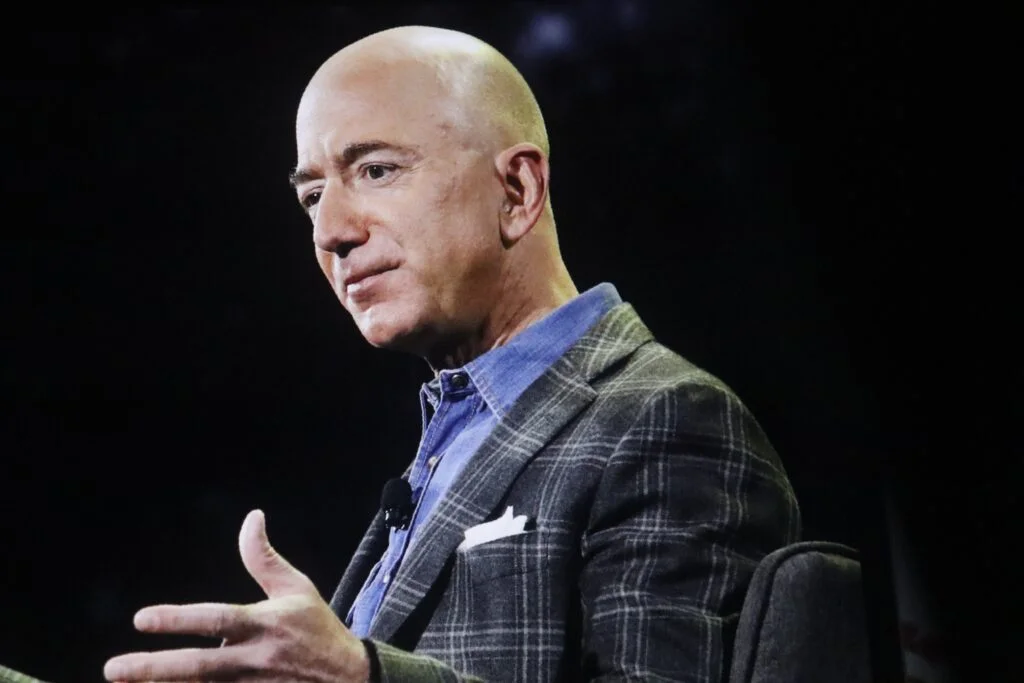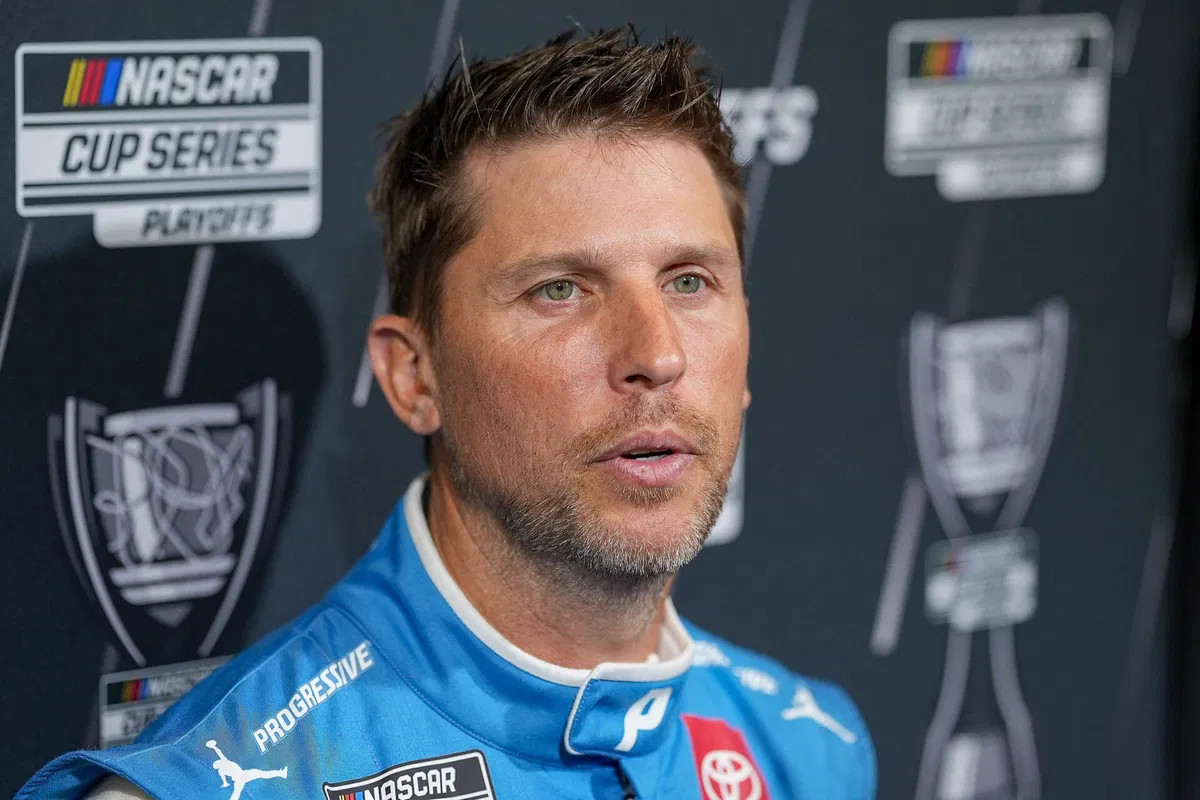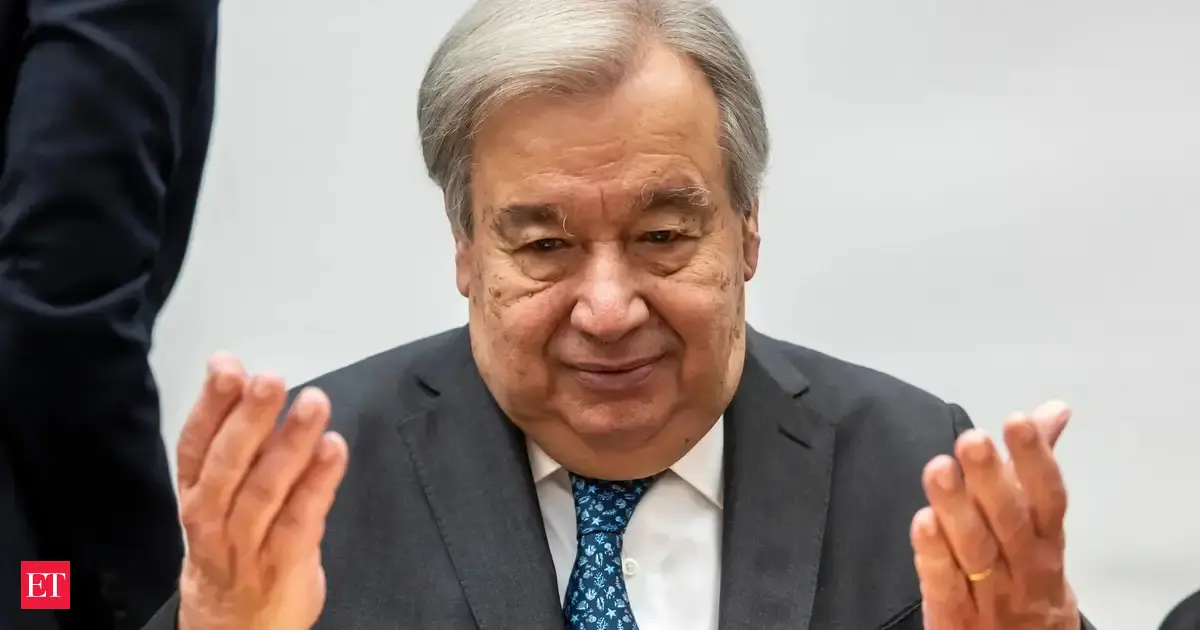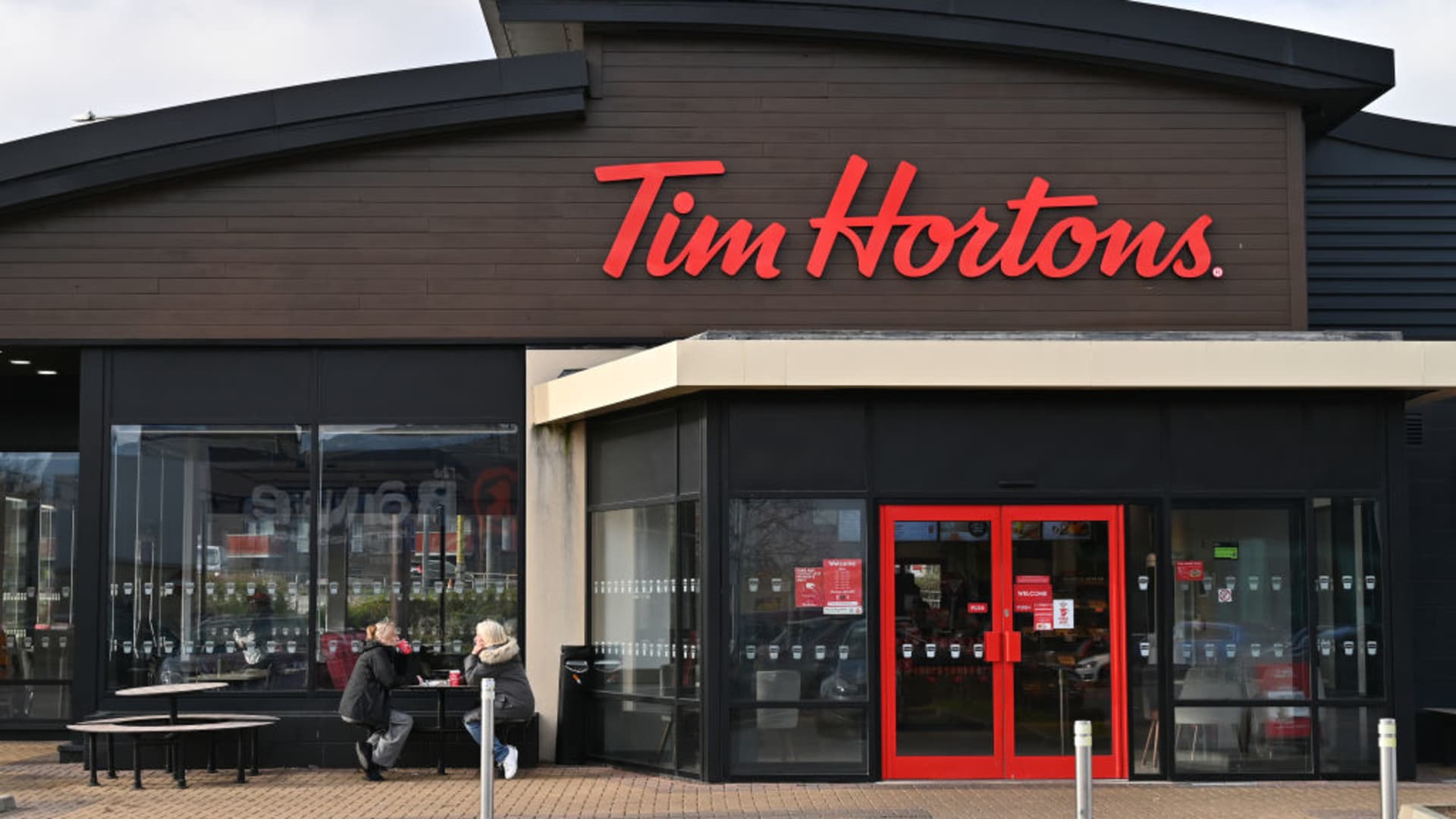Copyright Benzinga

A Harvard Business School student once told Jeff Bezos that Amazon.com Inc. (NASDAQ:AMZN) had little chance against traditional retailers and should sell to Barnes & Noble and cash in while he could. A 1997 Classroom Doubts The E-Commerce Upstart The moment, which dates back to 1997, recounted in Brad Stone's 2013 book "The Everything Store: Jeff Bezos and the Age of Amazon," captured the skepticism facing a young e-commerce upstart in the year it went public. As Stone details, the student’s advice was blunt: "You seem like a really nice guy, so don't take this the wrong way, but you really need to sell to Barnes & Noble and get out now." Amazon Scales Up As Barnes & Noble Reboots Nearly three decades later, Amazon is a retail juggernaut globally and a major operator in cloud computing, advertising, logistics, entertainment and devices, while Barnes & Noble has staged a brick-and-mortar revival after a decade of falling sales. The chain is even exploring a possible IPO in London or New York, according to the Financial Times. Contrary to the Harvard student’s blunt advice, Amazon doubled down on being a technology-driven distribution platform, expanding its marketplace and infrastructure, while Barnes & Noble remained primarily a physical retailer even as it built BN.com in May 1997. See Also: Gene Munster Says ‘Little Changes’ To The Margin Can Have Significant Impact On Amazon’s Earnings And Its Valuation As Stock Pops After Hours A Jeff Bezos Vision That Endured Since Bezos’ Harvard Business School visit in 1997, Amazon went public that same year, May, and worked towards the launch of Prime in 2005 to speed delivery and build loyalty. The company introduced Amazon Web Services in 2006, which redefined enterprise computing. The retail giant also bought Whole Foods in 2017 to push deeper into groceries and closed its MGM deal in 2022 to expand streaming content. Along the way, it scaled third-party marketplace tools, last-mile logistics and a fast-growing ads business and payments too. The lesson that perhaps didn’t come through for the MBA student at the time was that Bezos was already determined to turn Amazon into a success story. A Princeton-trained computer scientist, Bezos had left hedge fund D.E. Shaw as a vice president in 1994 after seeing a report that "Web usage was growing at 2,300 percent per year." "I'd never seen or heard of anything that grew that fast," he recalled in a 2010 Princeton speech, a nudge that helped him leap to start Amazon as an online bookstore with millions of titles. Benzinga's Edge Stock Rankings rank Amazon's growth in the 92nd percentile, highlighting its strong performance relative to its peers like Meta Platforms Inc. Photo Courtesy: Shutterstock/Photo Agency Read Next:



